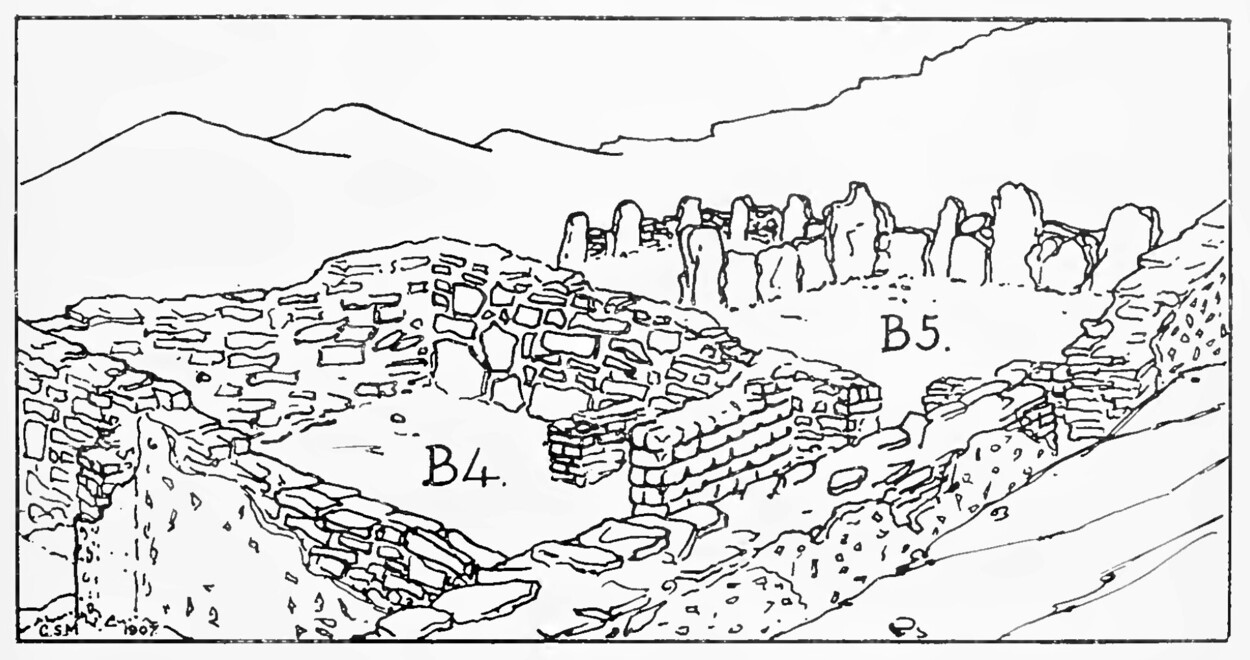Living Nubia: New Perspectives on Nubian Settlements
We know a lot about what ancient Nubian people did with their dead, but how much do we know about their lives? The »Living Nubia« project sets out to bring us closer to understanding where and how ancient Nubian communities lived, and how their social structures and identities might have become manifest in the living environments that they built for themselves.
»Living Nubia« is a comparative study of indigenous Nubian habitation sites of the Early and Middle Nubian periods (ca. 3200–1550 BCE), many of which have received little or no scholarly attention. Habitation sites established by Nubian communities including rock-shelters, campsites, and villages are the focus. »Living Nubia«’s post-colonial stance aims to challenge Egypt-centric views of the past by shifting the focus away from Pharaonic installations in ancient Nubian.
The project is guided by the following research questions:
- What constitutes an ›indigenous‹ Nubian settlement during the late-third to the mid-second millennium BCE?
- How far do variations in settlement style and spatial organisation reflect varying subsistence strategies and lifestyles?
- To what extent do Nubian built environments construct, maintain or challenge social structures and concepts of identity?
- Can changes in the character of Nubian built environments and settlement patterns be linked to broader cultural processes such as contact, conflict, and identity negotiations?
- What evidence is there for Nubian impacts on Egyptian culture and identity?
Insights regarding the use of space will be gained by studying architectural styles, building technology, spatial organisation, and the objects associated with the buildings. The landscape is also taken into account, considering factors such as access to natural resources (e.g. water, minerals etc) and wildlife, as well as transport and migration routes. The project will also consider modern Nubian concepts of dwelling, domesticity, and the social role of ›the house‹.


